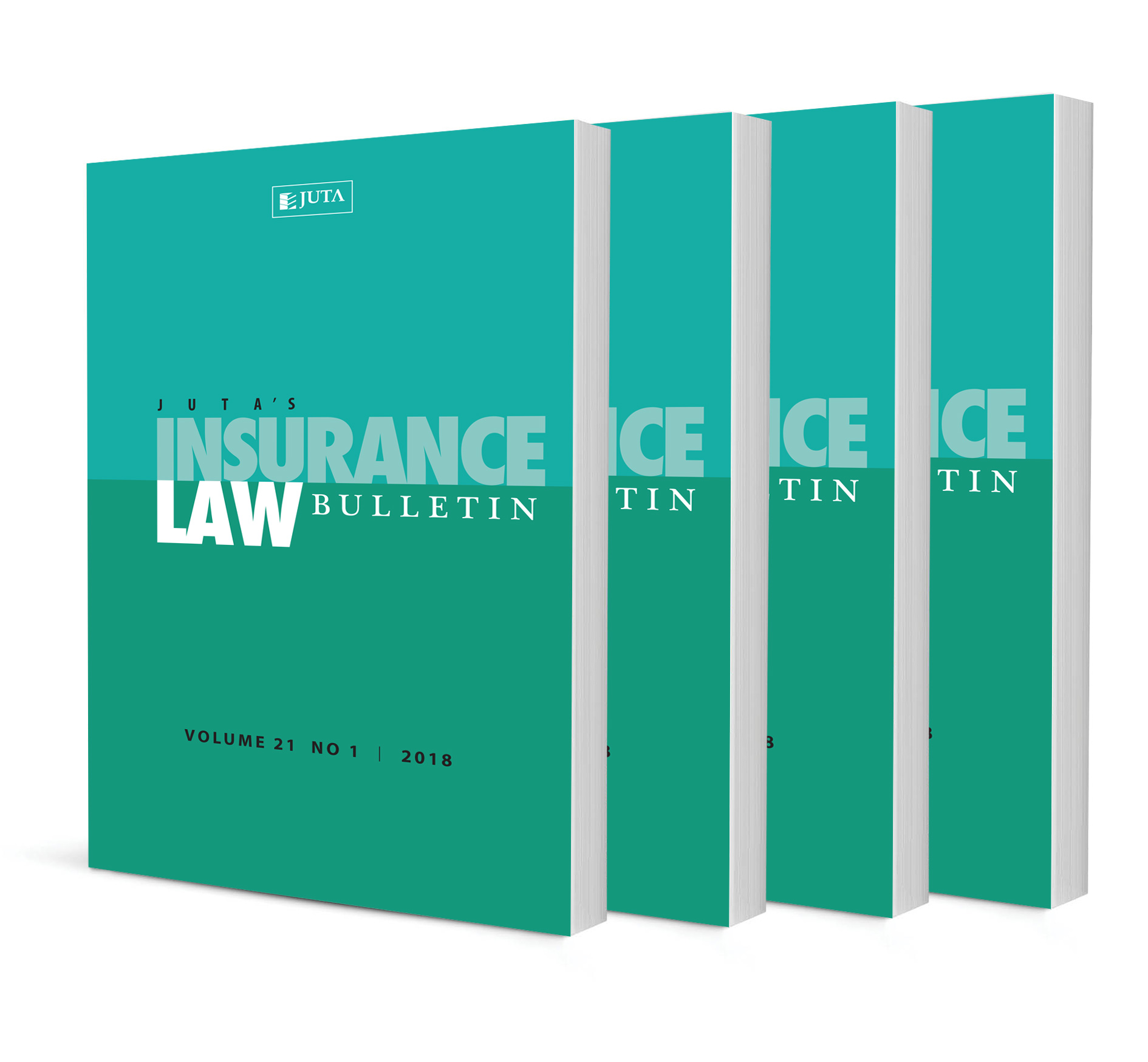The distinction between the governing law and the incorporation by reference of contractual terms in international contracts

ARTICLE
The distinction between the governing law and the incorporation by reference of contractual terms in international contracts
Author: Faadhil Adams
ISSN: 1996-2177
Affiliations: Senior Lecturer, Faculty of Law, University of Cape Town
Source: South African Law Journal, Volume 142 Issue 4, p. 743-773
https://doi.org/10.47348/SALJ/v142/i4a6
Abstract
The distinction between the governing law of a contract and the incorporation of contractual terms by reference is a crucial yet often misunderstood aspect of international contract law. This article systematically explores the theoretical foundations and practical implications of these concepts, assessing their significance in determining contractual rights, obligations, and the applicability of mandatory legal provisions. By engaging with private-international-law principles, comparative legal frameworks and case-law analysis, the article highlights how the governing law provides a legal framework for contractual interpretation and enforcement, whereas incorporated terms function within this framework as contractual provisions. The article provides a basis for how international uniform legal instruments (non-state law), such as the UNIDROIT Principles of International Commercial Contracts, may serve as governing law or merely as incorporated terms. Special attention is given to arbitration agreements, the impact of mandatory rules, and the doctrine of dépeçage. The findings suggest that while the distinction between these two concepts is often subtle, it has profound implications for legal certainty, contractual autonomy and the enforceability of international agreements. The article ultimately provides a refined understanding of these principles to aid practitioners and scholars in navigating complex cross-border contractual arrangements.
